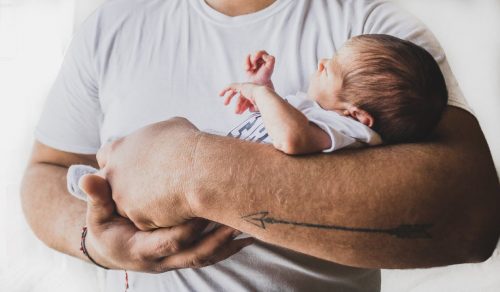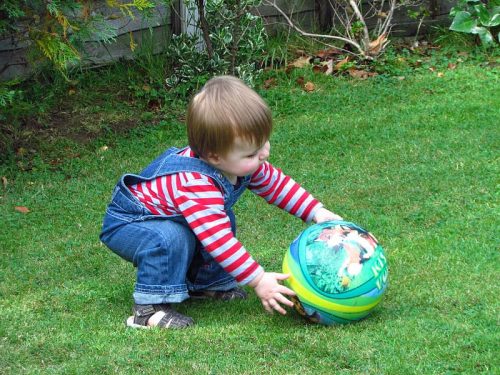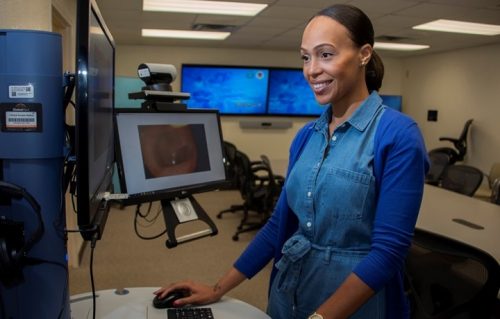Each day brings news on how COVID-19 continues to wreak havoc and how communities are fighting back. However, despite all the attention it receives, there’s still much that we don’t know.
While the illness targets the elderly and the sick, new mothers might wonder if they are at increased risk of being affected by the disease. You need to know how the virus can impact you and how you can protect your family.
COVID-19 And Pregnancy
On the bright side, COVID-19 doesn’t seem to pose any particular dangers to pregnant women relative to other illnesses. Health authorities haven’t seen any significant rise in pregnancy complications from COVID-19.
While preterm births might be more common for expectant mothers with other coronavirus infections, the evidence is minimal.
However, any infection, COVID-19 or otherwise, is still harmful. Your body needs to divert resources to stop and recover from illnesses. Given that you’re already supporting a human being growing inside of you, any infections can further increase your body’s strain.
Notably, there is no substantial evidence that the coronavirus can be transmitted directly from the mother to the child during pregnancy. However, the baby can catch the illness shortly after birth due to being near people who have the infection. You or the baby’s caregivers may harbor the virus and transmit the disease to newborns.

There is also evidence that pregnant women are at higher risk of catching respiratory diseases. Hence, it would be best if you still took extra precautions to prevent the transmission of the virus into your household.
COVID-19 And Children
There is also limited research on how COVID-19 specifically affects infants and children. Most of the documented complications of the illness manifest more commonly in older people.
However, infants younger than one year of age can suffer from more severe cases, given their immature immune systems. Children with preexisting medical conditions may also be at higher risk.
In general, children with COVID-19 show mild symptoms reminiscent of the flu. Common signs include fever, coughing, and runny nose.
Like in adults, children may also catch and spread the coronavirus even while displaying no symptoms. Given that children may be less aware of ways to stop disease transmission, they may be at higher risk of getting the infection if parents leave them unsupervised.

Protecting Your Family
Regardless of whether COVID-19 poses a particular hazard for newborns and children, it’s essential to learn how to protect your family from it.
One way is to be aware of the risks. Aside from the physical effects of COVID-19, it can also affect your mental health. Dr. Jason Rafferty, MD, writes that “we’re expecting to see a secondary outbreak of mental health issues related to ongoing stress that people are dealing with.”
Practice proper social distancing. You should avoid being near other people unless it’s for essential reasons. As much as you can, stay indoors and minimize outside trips. Never bring children outside of your home unless it’s for an emergency.
If you do need to go outside, make sure that everyone wears appropriate protective equipment. Note that while protective gear can help reduce your chances of inhaling the virus, its main objective is to prevent you from spreading the virus in case you’re already infected.
However, never give face masks to children younger than two years of age. The risk of accidental suffocation outweighs the risk of contracting COVID-19. Keep children indoors instead.
If you are breastfeeding, know that there is no conclusive evidence that breastmilk can carry the coronavirus. That said, consult with your doctor on whether you should continue breastfeeding. If so, wearing a cloth mask and washing your hands before feeding your baby should remove most of the transmission risk, even if you’re positive for the virus.
As for scheduled medical visits, consult with your physician regarding your plans. Many of these consultations are critical for ensuring the health of you and your baby.
In many cases, health facilities have concrete plans to enable you to visit while minimizing the risk of catching COVID-19. Telemedicine techniques are also suitable for many medical visits.

To summarize, being pregnant or having young children does not mean that COVID-19 presents a unique hazard to your family. There are a lot of actions that you can take to ensure that your household remains a safe and COVID-free environment for your children.
